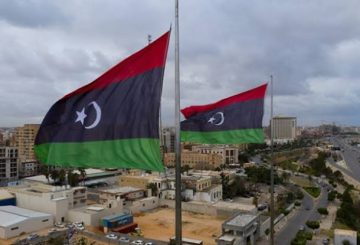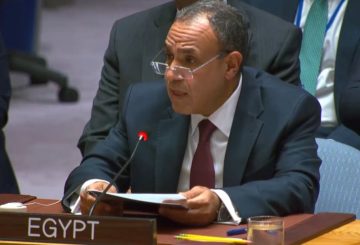The Board of Directors of the African Development Fund has approved a $2 million technical assistance grant to fund research that will contribute to electricity reforms in the Economic Community of West African States (ECOWAS).
This grant will go to the ECOWAS Regional Electricity Regulatory Authority so to promote cross-border electricity trade and improve access to energy in the 15 countries of the region.
This project has 5 components. In the first, the authorities will choose important performance indicators and principles for electricity regulation from the African Development Bank’s flagship study, the Electricity Regulatory Index for Africa. As part of this component, the project will develop the capacity of member countries to collect and report on these indicators on a common platform.
The second component will involve reviewing to update a comparative analysis of electricity tariffs and their underlying drivers along the ECOWAS electricity value chain.
The third step entails establishing a centralized database management system that will act as an outlet for electronically gathering related to energy information from member nations, archiving it, and then making it available on a shared digital platform.
The fourth component is assessing and identifying project blockages and risks in ECOWAS member countries and suggesting a consistent approach to progressively address basic barriers to investment in the electricity sector in the pre-and post-market phases. regional electric.
The final component concentrates on program management and capacity building, which will be co-financed with the Regional Electricity Regulatory Authority. All components of the project will include gender-disaggregated data.
Solomon Sarpong, project team leader at the African Development Bank said “The project will help facilitate regional electricity trade and help improve access to electricity.”
“It will also address the main causes of fragility, such as infrastructure bottlenecks, youth unemployment, environmental challenges, gender inequalities an,d regional development imbalances.”
ECOWAS is a regional organization established on 28 May 1975 to promote economic integration in the constituent countries. ECOWAS consists of 15 countries, including Benin, Burkina Faso, Cape Verde, Côte d’Ivoire, Gambia, Ghana, Guinea, Guinea-Bissau, Liberia, Mali, Niger, Nigeria, Senegal, Sierra Leone, and Togo. Covering around 6.1 million km2, and with an estimated population of 360 million people.





